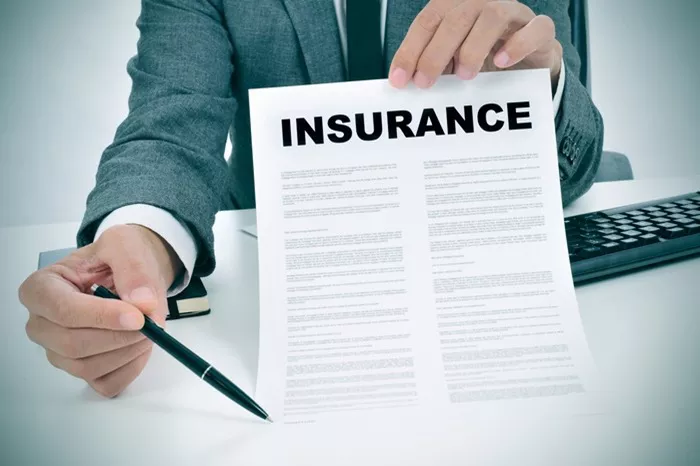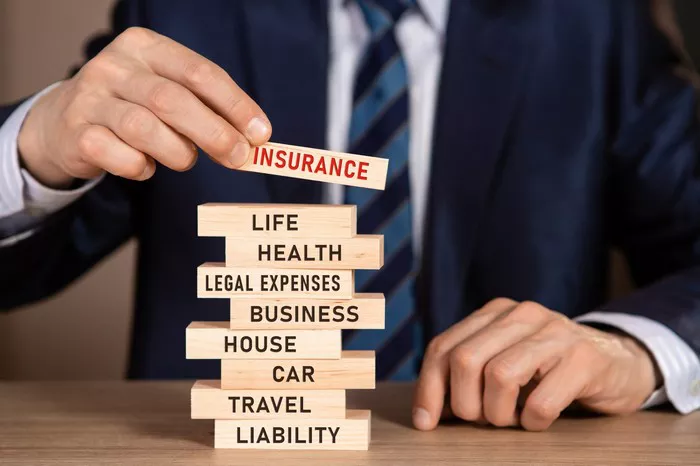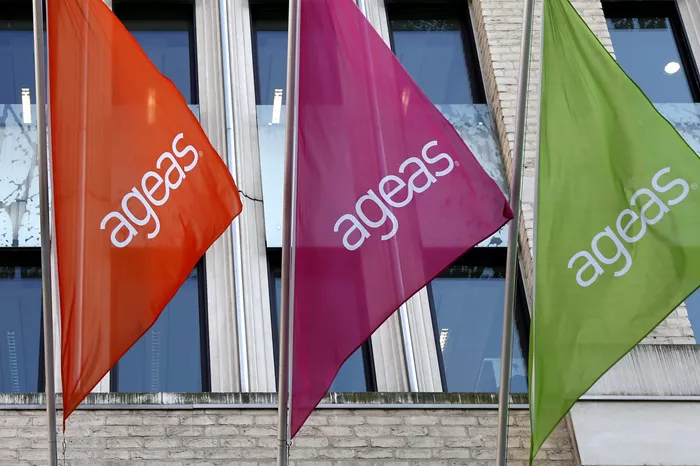Public liability insurance (PLI) is a crucial component of risk management for businesses and professionals who interact with the public. Whether you operate a small local shop, manage a construction site, or provide freelance services, the possibility of accidents occurring during your work is ever-present. Understanding the need for public liability insurance is essential for safeguarding your business, finances, and reputation. This article delves into the importance of public liability insurance, the scenarios in which it becomes necessary, and how it can protect you from significant financial loss.
What Is Public Liability Insurance?
Definition
Public liability insurance is a type of insurance coverage that protects businesses and individuals against claims made by third parties for personal injury or property damage occurring as a result of their business activities. This insurance is vital for any business that interacts with the public, including clients, customers, and visitors.
Key Features
Coverage for Legal Costs: Public liability insurance covers legal fees associated with defending against claims, even if the allegations are unfounded.
Compensation for Damages: If a claim is successful, the insurance provides compensation for damages awarded to the claimant.
Protection for Businesses and Professionals: Suitable for a wide range of professionals, including contractors, retailers, and service providers.
Why Is Public Liability Insurance Important?
Public liability insurance is vital for several reasons, particularly for those operating businesses or providing services that could potentially lead to claims. Here are some key points that emphasize its importance:
Protection Against Legal Claims
One of the primary functions of public liability insurance is to protect against legal claims arising from accidents or incidents that occur on your premises or as a result of your work. Even a seemingly minor incident can lead to costly legal battles.
Example: If a customer slips and falls in your store, they may file a claim for their medical expenses and other damages. Without public liability insurance, the financial burden falls entirely on you.
Peace of Mind
Having public liability insurance provides peace of mind for business owners and professionals. Knowing that you are protected against unforeseen circumstances allows you to focus on your work without the constant fear of potential lawsuits.
Example: A wedding planner can concentrate on creating the perfect event rather than worrying about the risk of accidents at the venue, knowing they have insurance coverage in place.
Reputation Management
A claim against your business can severely impact your reputation. Having public liability insurance not only provides financial protection but also helps you manage your response to claims effectively.
Example: Insurance providers often assist with crisis management, ensuring that your business maintains a positive image during legal proceedings.
Contractual Requirements
Many clients and contracts require businesses to have public liability insurance as a condition of doing business. This requirement is common in industries like construction, where contractors must prove they have adequate coverage before starting work.
Example: A construction company may need to provide proof of public liability insurance to secure contracts with clients or government agencies.
Rising Litigation Trends
The trend toward increased litigation in various industries means that businesses are more vulnerable to claims than ever before. Public liability insurance is essential for navigating this landscape.
Example: Service providers, such as landscapers or electricians, face higher risks of injury claims as more people engage contractors for home improvement projects.
See Also: The Best Liability Insurance for Photographers: A Full Guide
When Do You Need Public Liability Insurance?
Understanding when public liability insurance is essential can help you make informed decisions about your coverage. Here are key scenarios in which having this insurance is particularly important:
Customer Interactions
Businesses that engage directly with customers or clients are at a higher risk for claims. Accidents can occur in various settings, making insurance crucial.
Retail Businesses: Stores must protect themselves from claims arising from slips, falls, or other accidents involving customers.
Service Providers: Contractors and consultants who visit clients’ homes or offices may face claims related to accidents occurring on-site.
High-Risk Industries
Certain industries are inherently riskier and require robust public liability coverage. Examples include:
Construction and Renovation: Accidents involving equipment, materials, or unsafe conditions can lead to significant claims.
Hospitality: Restaurants, bars, and event venues face risks from customer injuries, alcohol-related incidents, and property damage.
Events and Gatherings
Organizing events can pose various risks, from accidents involving attendees to damage to third-party property. Public liability insurance is essential for:
Event Planners: Coverage protects against claims resulting from accidents at events they organize.
Venues: Locations hosting events must ensure they are covered for any incidents occurring on their premises.
Freelancers and Independent Contractors
Freelancers and independent contractors often work without the backing of an employer’s insurance policy. Public liability insurance is crucial for:
Creative Professionals: Photographers, designers, and videographers who work on location may face claims arising from accidents involving their equipment or services.
Consultants: Freelance consultants must protect themselves against claims for damages or injuries caused during their work.
Part-Time or Side Business Owners
Individuals operating part-time businesses or side hustles need public liability insurance, even if their activities are small-scale.
Example: A person running a home-based catering business should have insurance to cover potential claims related to food allergies or accidents during events.
Types of Public Liability Insurance
Understanding the different types of public liability insurance can help you select the right coverage for your needs. Here are the main options:
Standard Public Liability Insurance
This type of policy covers general risks associated with public liability claims. It provides protection against personal injury and property damage claims arising from your business activities.
Product Liability Insurance
If your business sells products, product liability insurance is essential. This coverage protects against claims related to injuries or damages caused by defective products sold by your business.
Employer’s Liability Insurance
While not a substitute for public liability insurance, employer’s liability insurance covers claims made by employees for workplace injuries or illnesses. Many businesses are legally required to have this coverage.
How to Choose the Right Public Liability Insurance
Choosing the right public liability insurance involves assessing your needs, comparing options, and understanding the fine print. Here are steps to consider:
Assess Your Risk Exposure
Evaluate the nature of your business and the potential risks involved. Businesses with direct public interactions or those in high-risk industries should prioritize obtaining comprehensive coverage.
Research Insurers
Look for insurance providers with a strong reputation and financial stability. Read customer testimonials and reviews to ensure they handle claims efficiently.
Compare Policies
Request quotes from multiple insurers and compare coverage limits, exclusions, and costs. Don’t focus solely on premiums; consider the overall value and benefits offered.
Read the Fine Print
Thoroughly review policy details, including exclusions and conditions. Understanding the terms will help you avoid surprises during a claim.
Consult a Professional
If you’re unsure about the best coverage for your needs, consider consulting an insurance broker or agent specializing in public liability insurance.
Conclusion
Public liability insurance is an essential component of risk management for businesses and professionals who interact with the public. Understanding its importance and recognizing when it is necessary can safeguard your business and finances. By evaluating your specific risks, researching reputable providers, and selecting appropriate coverage, you can ensure you are adequately protected against unforeseen circumstances. Whether you operate a small business or provide services independently, investing in public liability insurance is a vital step in managing your career’s risks effectively.
You Might Be Interested In






















